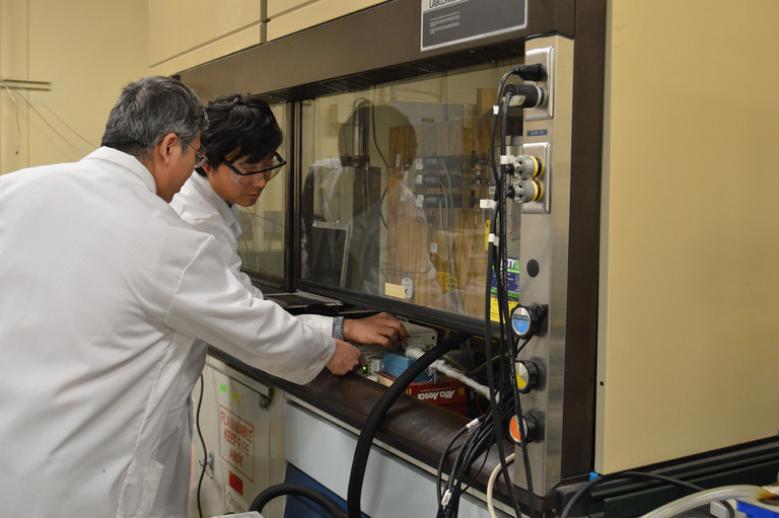Primary tabs

Turning CO2 into Chemicals and Fuels for Sustainable Energy Development
Capturing CO2 and converting it into chemicals, materials, and fuels using renewable energy, is an important path for sustainable development and a major challenge in 21st century. CO2 has become a plentiful source of carbon, and there are long-term merits in using CO2 as a feed for chemicals and materials and as a carrier for energy. The concentrated CO2 can be used for manufacturing chemicals (lower olefins such as ethylene and propylene, methanol, and carbonates), and fuels (such as liquid transportation fuels or synthetic natural gas). Effective use of catalysis and adsorption over nano-porous materials can decouple the traditional link between energy utilization and negative environmental impacts. As an example, the hydrogenation of CO2 (using H2 produced from H2O using renewable energy) over novel bimetallic catalysts can selectively produce either C2-C4= olefins (and liquid hydrocarbons) using Fe-Co catalysts, or methanol over Pd-Cu catalysts. Nano-structured catalysts based on hollow zeolite-encapsulated Ni nanoparticles can create a highly stable and carbon-resistant catalysts for co-conversion of CO2 and CH4 in bio-gas to syngas for chemicals and ultra-clean fuels.

